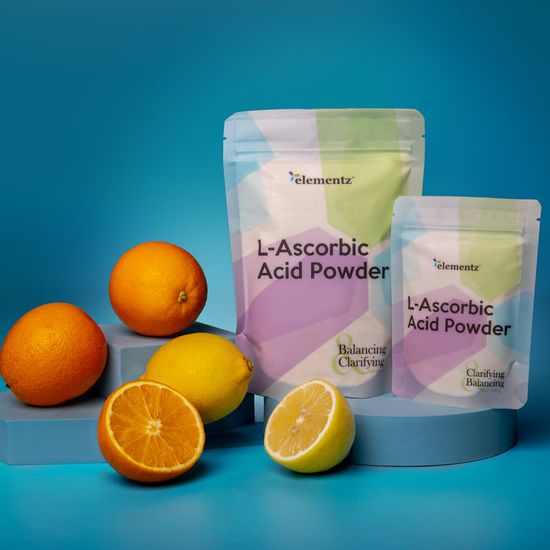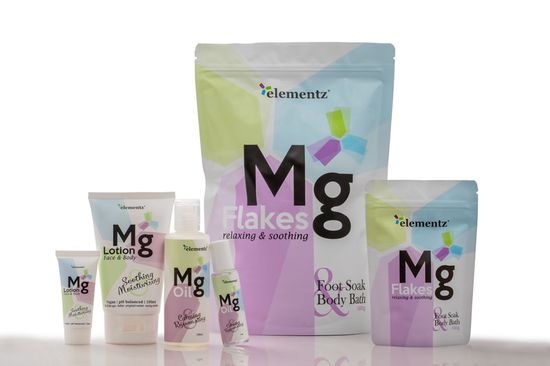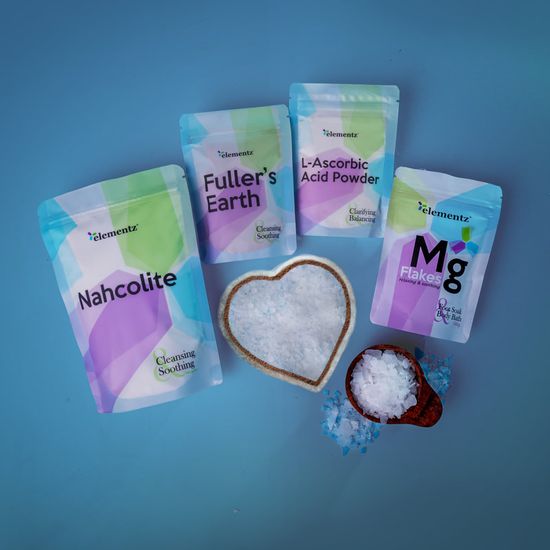Welcome to the official online home of Elementz! This is where you will be able to find out about us, what we do as a company, and about our family of natural, multipurpose, wellness products.
Millions of people worldwide are magnesium deficient. * Elementz is here to provide a solution.
*2006 report by the World Health Organization (WHO)
Magnesium Deficiency Check List




